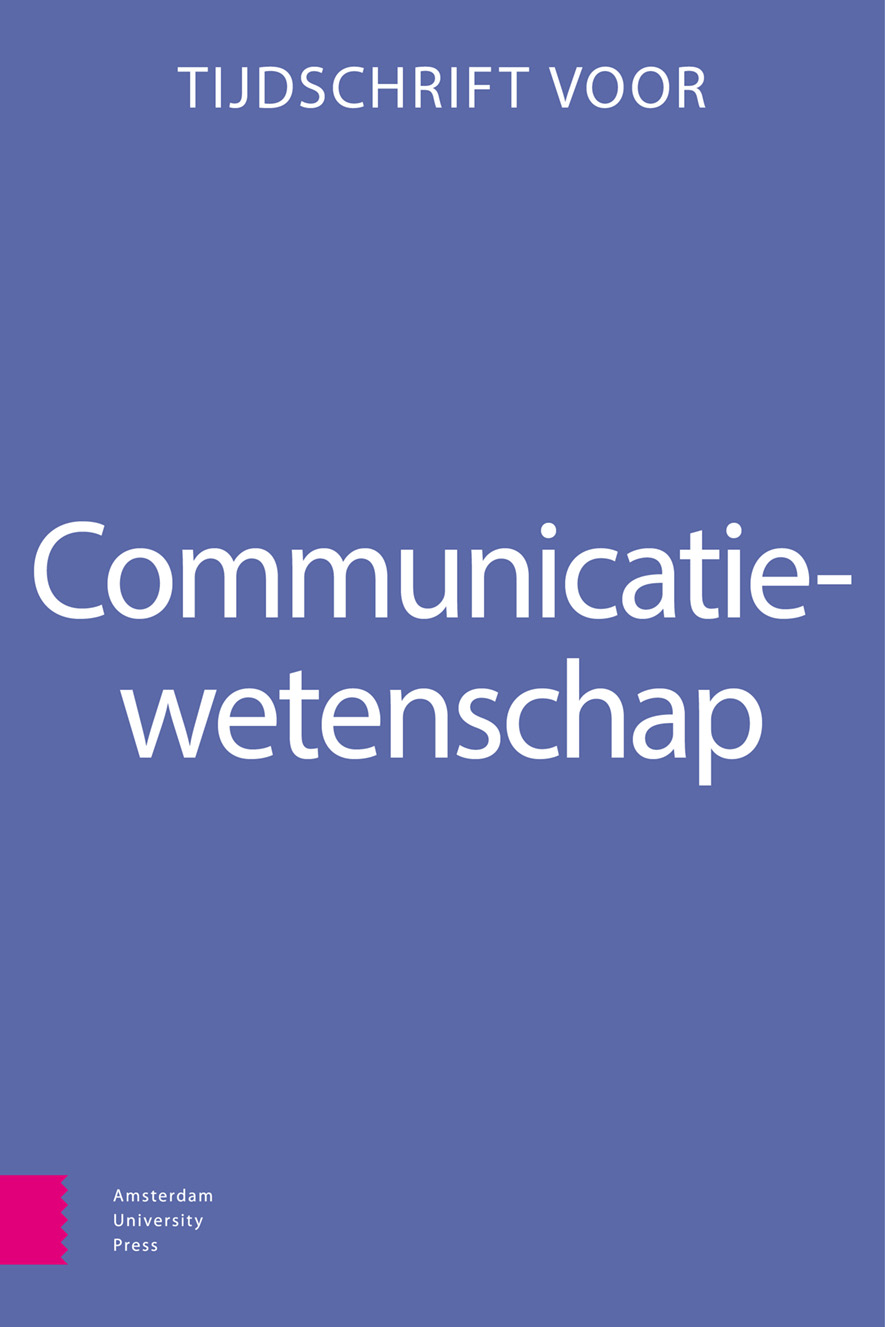-
oa Summaries
- Amsterdam University Press
- Source: Tijdschrift voor Communicatiewetenschap, Volume 44, Issue 4, Dec 2016,
Abstract
Rumour construction on social media. A discursive psychological analysis of tweets concerning a missing case
This article presents the results of a discursive psychological analysis of the evolvement of rumours on social media. The focus of the analysis lies on the discursive strategies participants use in their tweets about a particular crisis situation, and how these strategies contribute to the creation and evolvement of a rumour. Rather than treating language as a neutral medium for describing events and sending information, discursive psychology focuses on language as a tool to perform actions with and to accomplish particular effects. The analysis shows that participants construct and forward particular versions of reality or scenarios by selecting certain formulations over others, thereby constructing and eventually maintaining a specific rumour. The study provides an important addition to existing discourse analytic studies focusing on online data. Moreover, the study offers important insights to professionals in the domain of crisis communication which they can use when designing their communication strategies.
Keywords: discursive psychology, discourse, crisis communication, rumour, social media
, Marjolijn Antheunis, Jeanine van Kaam, Christine Liebrecht & Guda van NoortContent marketing on social network sites. A study on brand-related social media behavior and its motives
On brand profiles in social network sites (SNSs) brands post content for their content marketing strategy. This brand profile is an owned medium that creates an avenue for consumers to interact with the brand and the brand content, with the aim to garner earned media, such as likes, shares, and reactions. This study examines how social network site users interact with brand posts and what their motivations are to do so. Adopting the U&G approach, we examined for three levels of brand-related social media behavior (consuming, contributing and creating) what SNS-users motivations are. The results of two studies demonstrate that fun and pleasure is the most important motivation to follow a brand and interact with the content.
Keywords: content marketing, uses and motivations, social network site, owned media, earned media
, Marijn MeijersJustifying eco-unfriendly behaviors. Implications for communication practice
This article describes how people may justify their eco-unfriendly behaviors. It is described how people may use their own previous moral and environmentally friendly behaviors as a justification for environmentally unfriendly behaviors (part I: internal justification) and how people may use the behaviors of others and institutions (i.e., science) as a justification for environmentally unfriendly behaviors (part II: external justification). The article shows boundary conditions for justification effects and describes the implications that these effects have for communication practice.
Keywords: licensing, justification, environmentally friendly, moral, sequential decision making
]

